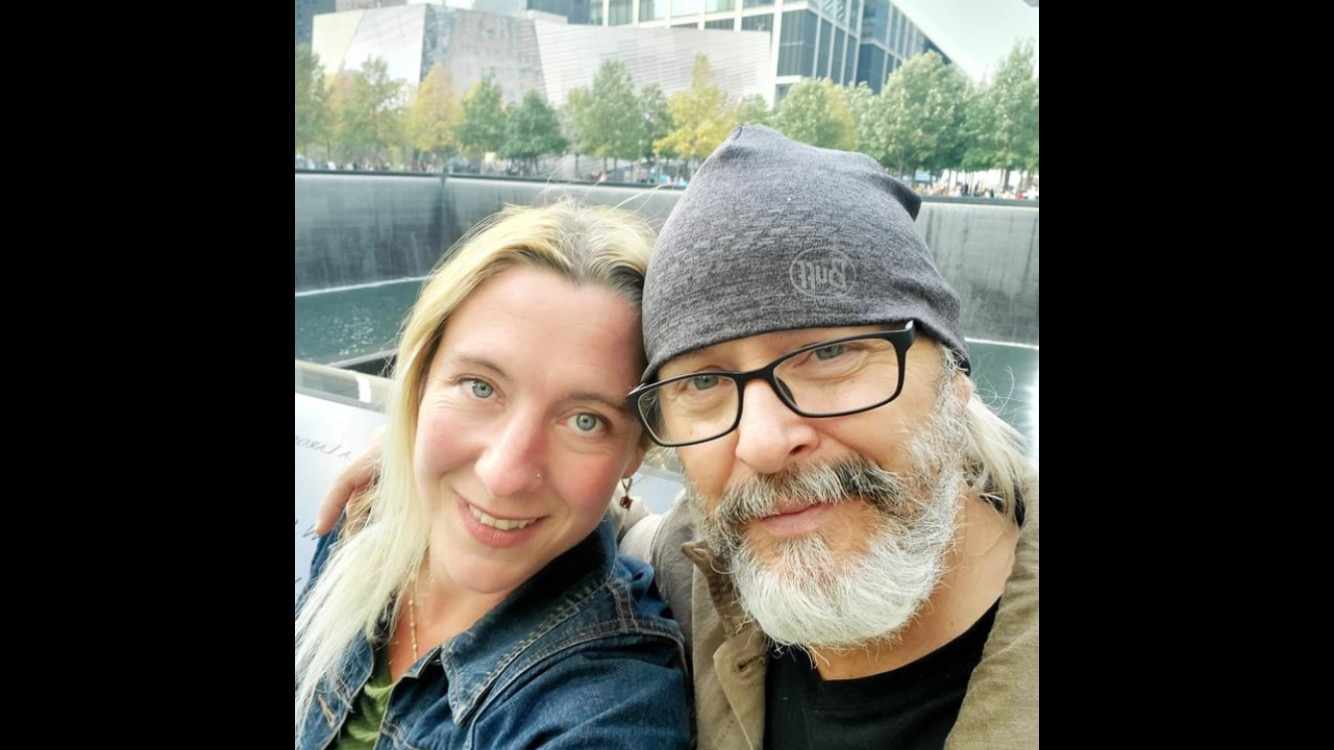As long as we just stay ourselves and act as a team than we are good, right?
Anyway, roles seem like “rules”, and I just want unconditional love and support.
These role things for relationship are too ridged of a container for today’s modern relationships.
SO, LET’S NOT SAY WE WANT DEFINED ROLES, BECAUSE WE DO NOT WANT TO RULE EACH OTHER.
WE ARE EQUALS!
Yesterday, on Facebook I shared a POV post about what are the roles for men and women in relationship today, and the answers and thoughts were wonderfully insightful. I encourage anyone who has not read through that thread to do so at some point.
Today, however I want to chime in on what those of us who work in the emotional, psychological world of love, intimacy and relationship have come to know and see through decades of working with couples on these matters and I am going to make reference to a book that I strongly encourage ALL to read as well as it is based on some solid foundations of what makes and breaks relationship/marriage.
In the book “Eight Dates: Essential Conversations for a Lifetime of Love” by John Gottman and Julie Schwartz Gottman, one of the crucial topics discussed is the significance of knowing and discussing relationship roles in marriage and relationships.
Understanding relationship roles goes beyond mere daily chores and responsibilities; it encompasses how partners contribute, collaborate, and navigate various aspects of their life together.
I want to take you on a brief exploration of why knowing and discussing relationship roles is vital, and what can happen when couples don’t prioritize this aspect of their partnership believing that it is to controlling or conditional and not needed for an “elevated” relationship.
Over and over again through the years of working with people ONE of the biggest challenges and creators of bitterness and resentment in relationship that I see is hidden expectations between partners. They believe that by “just doing themselves” and showing up the best they can, providing what they want in the relationship for other will be good enough and their partner will be happy and feel supported, safe and loved. When in truth, as nice as this is and for sure is part of the needed efforts, we each must do more. And that means to KNOW what our partner is needing and expecting and discuss if it’s possible or not as well as vice versa.
Instead of what the typical average partnership or team idea holds which is one person most of the time not speaking up or sharing and trying to accommodate things they don’t feel good about or simply are not good at. Leading to conflict and drama that is not needed and a division of love.
I recall many years ago, I was taking a facilitator training for couples’ workshops and one of the key focus points we had to work on was creating a container that encouraged couples to speak APPRECIATION and gratitude for each other. In the training and resources provided, we were taught that one of the major issues in modern relationship was a lack of appreciation being shared between couples. They never spoke it, showed it or acknowledged each other. They stopped being polite and caring with each other, and this was a major root issue to a lack of intimacy, cheating, emotional connection and a breakdown of the relationship. Defining roles helps to support a more respectful and polite container of appreciation, bringing attention to the little things as well as the big, so individuals do not feel taken for granted as much.
Healthy conflict is needed in relationship and anyone who says, we never fight and believes they have a healthy and good relationship is smokin’ something that’s blinding the truth. No conflict means that someone is not being honest – SIMPLY PUT! but then you have consistent, pointless conflict that can merge into contempt and pain which often happens in relationship and these conflicts can be reduced greatly when couples define roles and stay in open communication about the roles.
Relationship roles extend far beyond rules or agreements.
While rules may address specific behaviors or actions, roles encompass broader aspects of a partnership, such as emotional support, decision-making, and long-term goals. Roles are about how partners contribute to the relationship’s functioning, growth, and overall well-being.
Incorporating discussions about relationship roles, as emphasized in “Eight Dates,” is essential for cultivating a healthy and thriving partnership.
Clear communication and mutual understanding of each partner’s responsibilities lead to respect, effective collaboration, and conflict prevention. Couples who value and discuss relationship roles are better equipped to navigate challenges, make informed decisions, and build a strong foundation for lasting love.
On the contrary, those who neglect this aspect may find themselves grappling with confusion, imbalance, and unresolved conflicts that could undermine the strength of their relationship over time. Which is a VERY common thing and leads to the saga of modern unhappiness and not being able to find a “good partner” as we hear about so often.
The reality is that there are many things from our history books on life that plays an important role in today’s world, relationships and overall success strategies, that are being devalued and overlooked because they require commitment, boundaries, and “constructs” which feel controlling.
Our world view today is about wanting a microwave based, quick solution, hedonistic idea about love, intimacy, connection, commitment, well-being, success, money and everything.
We want for sure to be able to be independent and who we are all the while being cared for, but only in the outlines that we create and demand others to abide by while saying that we ourselves will not live in these constructs of others, it is for the world to live in the ones we create. Or we are out!
Sheer silliness and immaturity this reduces down too, and will never support security, happiness, connection, authentic commitment and communication, let alone love or long-lasting desire in relationship.
Just as these same illusions will never support overall success, freedom, and happiness in life in any arena.
There is much to learn from those that have gone before us.
And there is much to understand and gain knowledge and foresight on from those who have failed.
Somethings just are reality no matter how any of us may want them to be different for our creature comforts.
Defining roles in an intimate relationship that you want to reap the long-term benefits of love, desire, support and commitment from, where happiness and authentic understanding rank primary focus for years to come, is a must do!
Just my two cents from twenty-four years of coaching individuals and couples, 3,000+ hours of training, 5,000+ 1:1 client’s served and 25k+ in session hours with those clients.

